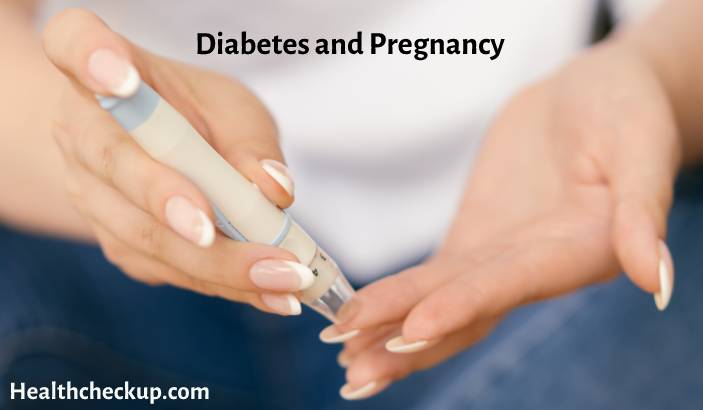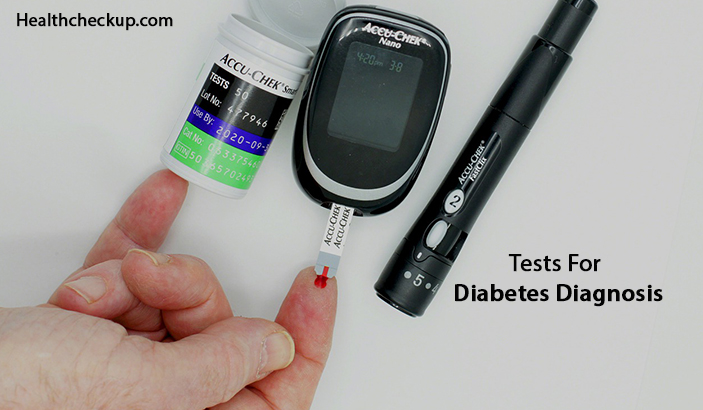Diabetes is a chronic condition that affects the way the body processes sugar (glucose). There are two main types of diabetes: type 1 diabetes and type 2 diabetes. Pregnancy can be a challenging time for women with diabetes, as high blood sugar levels can be harmful to both the mother and baby. In this article, we will discuss the different types of diabetes, the risks associated with diabetes and pregnancy, and how diabetes is managed during pregnancy.
Types of diabetes:
Type 1 diabetes: Type 1 diabetes is an autoimmune disorder in which the body’s immune system attacks and destroys the cells in the pancreas that produce insulin. Insulin is a hormone that helps regulate blood sugar levels. Without enough insulin, the body is unable to properly use and store glucose, leading to high blood sugar levels. Type 1 diabetes is usually diagnosed in children and young adults, and it is not preventable.
Type 2 diabetes: Type 2 diabetes is a chronic condition in which the body is unable to properly use and store glucose, leading to high blood sugar levels. This can be caused by a combination of factors, including genetics, obesity, and a sedentary lifestyle. Type 2 diabetes is more common in adults, but it is increasingly being diagnosed in children and young adults. It can often be prevented or delayed through lifestyle changes, such as eating a healthy diet, maintaining a healthy weight, and exercising regularly.
Risks associated with diabetes and pregnancy:
- High blood sugar levels: High blood sugar levels (hyperglycemia) during pregnancy can be harmful to both the mother and baby. In the mother, high blood sugar levels can increase the risk of complications such as preterm labor, high blood pressure, and the need for a cesarean delivery. In the baby, high blood sugar levels can increase the risk of being born large for gestational age, which can lead to difficulties during delivery and an increased risk of complications such as hypoglycemia (low blood sugar) and jaundice.
- Low blood sugar levels: Low blood sugar levels (hypoglycemia) during pregnancy can also be harmful to both the mother and baby. In the mother, low blood sugar levels can cause dizziness, confusion, and weakness. In the baby, low blood sugar levels can cause seizures and other complications.
- Gestational diabetes: Gestational diabetes is a type of diabetes that occurs during pregnancy. It is caused by the hormonal changes of pregnancy and the increased demand for insulin. Gestational diabetes typically resolves after delivery, but women who have had gestational diabetes are at increased risk of developing type 2 diabetes later in life.
Management of diabetes during pregnancy:
- Blood sugar monitoring: Blood sugar monitoring is an important part of managing diabetes during pregnancy. Women with diabetes should monitor their blood sugar levels regularly to ensure that they are within a healthy range. This can be done with a blood glucose meter or by visiting a healthcare provider for regular blood tests.
- Medications: Depending on the type and severity of diabetes, women may need to take medications to help regulate their blood sugar levels during pregnancy. These may include insulin, oral medications, or a combination of both. It is important to follow the prescribed treatment plan and to carefully monitor blood sugar levels to ensure that they are within a healthy range.
- Diet and exercise: A healthy diet and regular physical activity are important for managing diabetes during pregnancy. Women with diabetes should work with a registered dietitian.









